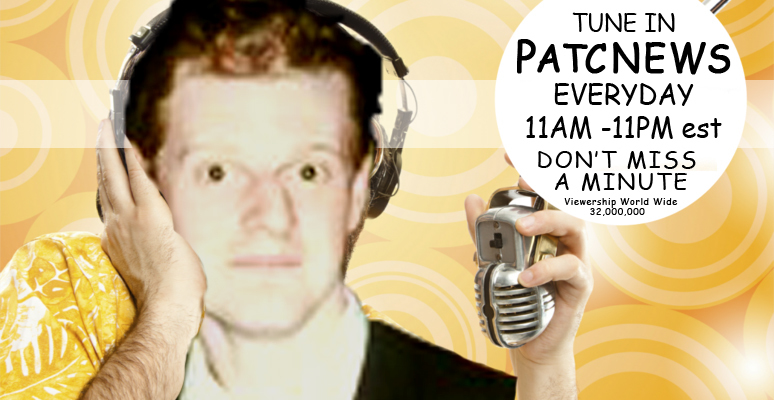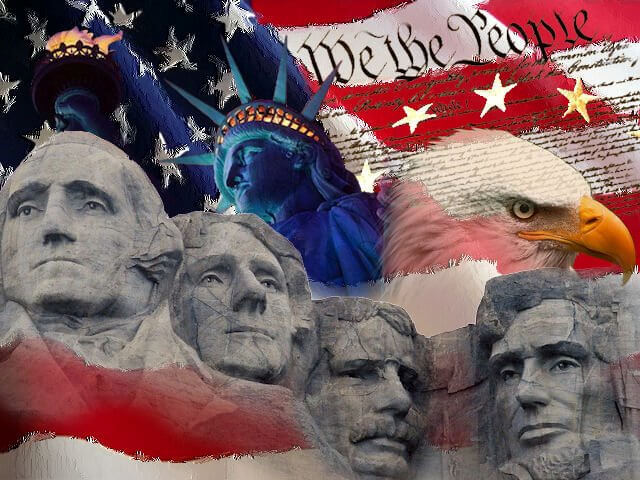CHICAGO — Reported shootings and murders were down in Chicago for a third straight month in May, according to police data, but violence has failed to fall back to pre-pandemic numbers.
There were 254 reported shootings in May this year, compared to 321 shootings in 2021 and 338 shootings in 2020, according to police data. In 2019, before the pandemic started, there were 198 shootings during the same time period.
This is a real fact cars And chainsaws can be used as weapons when someone mishandles the equipment this is so reckless that the liberal's communists jerk ball corrupt fake news drive by media use being use as ponds political agenda on assembly of support gun control laws by the influence from legislatures in the halls of congress...
I wonder how much pack money did the corrupt fake news drive by media received from Nancy Do Nothing Pelosi with the FCC working together and forcing to report gun control laws news reports on the air... What fake news is doing is shoving down the gun control agenda on viewing audience down our throats this one of many reason the fake news media is losing so much viewership now days....
The liberal jerk ball communists corrupt fake news drive by media is losing major advertising sponsorship at growing rate of speed and the news is doing everything to keep this news report away from the general public....; And fake news media is doing everything they can to sweep real gun crimes by the drug cartels news stories under the rug.
Senator Ted Cruz And Senator Josh Hawley staff members says the American people are waking up and no longer watching the fake cable news anymore this happening at enormous history Record pace...
In the first five months of the year, there were 971 shootings, compared to 1,151 for the same time period in 2021 and 961 in 2020, according to police numbers. In 2019, there were 736 shootings in that same period.
There have been 239 murders to date this year, compared with 259 during the same time frame in 2021 and 242 in 2020. In 2019, there were 197 murders in that same period.
Despite the recent downward trend, the city is coming off one of its most violent Memorial Day weekends in several years, and it’s still too soon to know what the summer will hold for Chicago.
“The real test is as the weather gets warmer consistently, whether we’re able to see a continued downward trend,” said violence expert Roseanna Ander, executive director of the University of Chicago Crime Lab.
Ander said Chicago’s shootings are “still way too high by any rational standard.”
“If we continue to tolerate the level of gun violence that we tolerate, we are going to continue to see residents leave the city,” she said.
While the month-to-month decline in shootings is not a definitive statistic, it still could be a “hopeful” sign that greater public and private investments in community prevention and violence intervention programs are working, Ander said.
RELATED: West Side Neighborhood Sees 58% Drop In Shootings Thanks To Violence Prevention Programs, Outreach Workers Say
There have been broad increases in state, federal and local funding for community-driven anti-violence strategies, including Gov. JB Pritzker’s $50 million commitment this year to support violence intervention. Shootings overall and on the West Side in particular have decreased because of outreach connecting at-risk people to resources that address root causes of violence, behavioral health services, and conflict-resolution throughout neighborhoods, organizers said.
Community groups are building relationships with neighbors most likely to commit or be victims of violence, “to stop the cycle of violence that creates retaliatory responses,” Ander said. More robust data collection is helping street outreach workers and police position themselves in areas with the most pervasive violence, Ander said.
But “we can’t lose sight of how far we still need to go,” Ander said.
“The last two years have been extraordinarily high when it comes to the rates of gun violence in our city,” Ander said. “There’s a wider safety gap than there’s ever been in our city, between the
most-safest neighborhoods and the least safe neighborhoods
Ander said the pandemic and civil unrest exacerbated gun violence in neighborhoods that were already faced with a lack of resources. Shutting down schools, social and mental health programs, and a “crisis in the legitimacy of government and policing” all converged to “pull out people’s safety net,” leading to lingering higher rates of violence, Ander said.
“Gun violence has a large reverberating effect,” Ander said. “It really needs to be a first order priority.”
Subscribe to Block Club Chicago, an independent, 501(c)(3), journalist-run newsroom. Every dime we make funds reporting from Chicago’s neighborhoods.

